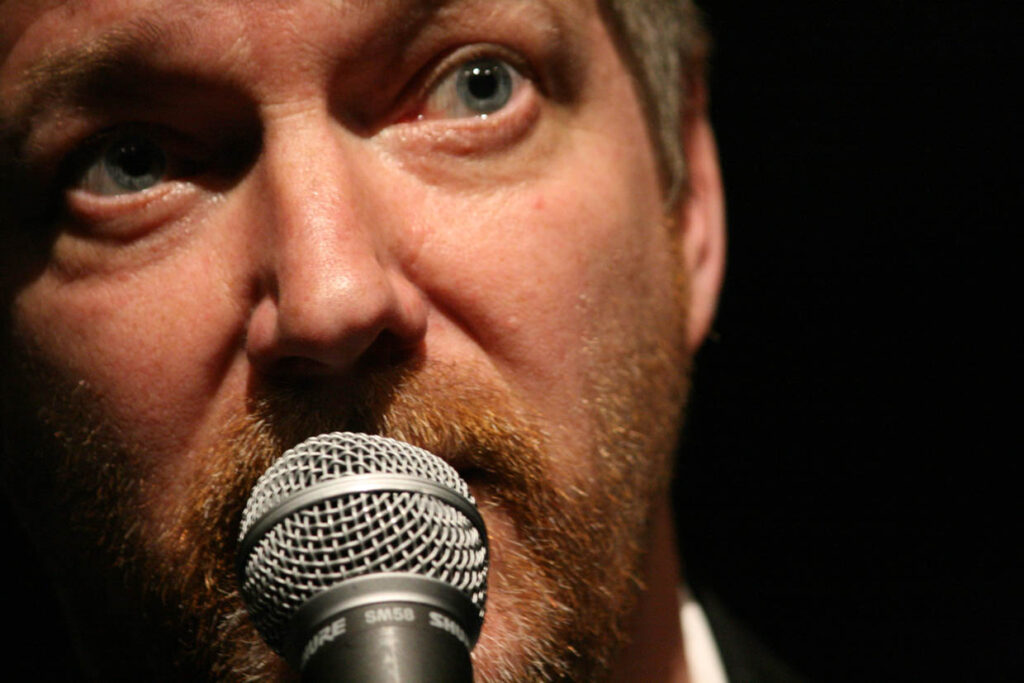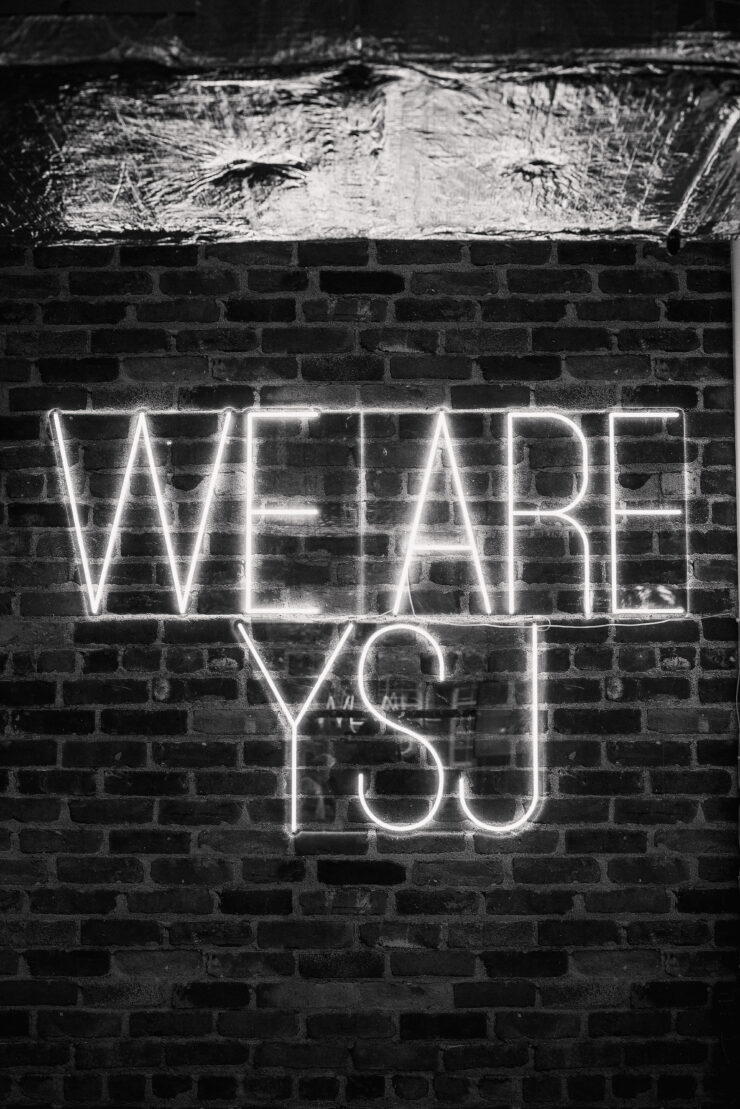[Taken from David Richmond’s paper at the Talk About Teaching (to Transgress) Conference, York St John University, 22 June 2023.]
Before I start – this is a sharing of my thinking at the moment – this moment – written during marking fear at the end of a tough year where I had underestimated the impact Covid had had on the students, on my colleagues and on me. Can you remember the shift to 12-hour days on teams, the fear, the loss, the emotional and physical strain on us all – I don’t think it has left our bodies yet. I think we have embodied that individual, collective and cultural trauma. That is the place I am thinking from, and this is an essay in the true sense of trying out ideas/images – for me I can only understand ideas as images, as things in the world. So, this was put on paper at 7 o’clock last night, 21.06.23. With plenty of supposed beginnings and a presumed ending.
I think there are three things I am looking at playing with, but playing as serious business (as Johan Huizinga stated in Homo Ludens (1949), “play is serious”):
A constellation around kindness, people to people.
Another constellation around liberation freedom, in light of the ideology we create for ourselves in order to oppress ourselves.
And a third constellation around the agency we can take as pedagogues – in light of this world we have made and are part of.
transgressions – I am thinking of pedagogy as social justice
“To educate as the practice of freedom is a way of teaching that anyone can learn” (hooks, 1994: 13).
Before I start, I would like to honour the ancestors of this land: the Brigante, pre- Roman, speaking Brythonic Welsh – prynhawn da. In the same way, I want to honour Walter Benjamin, Naomi Klein, Paolo Freire, Ivan Illich, Tich Nhat Hanh and bell hooks. And of course, the students who take on so much (debt, responsibility, stress, disturbance, learning) to have the opportunity to come here (to YSJU) to do some learning and change themselves and possibly everything else – here – with us: with you, with me.
transgressions – I am thinking of pedagogy as social justice
My job is a privilege; I am honoured to say I have been a lecturer at York St John for 22 years. I am proud to work here, with you.
I am multiply privileged due to my age, sexuality, gender, ethnicity, and my health. So, there is deep irony in the actuality (like a performance – rendered present through my breath, your breath – my first breath – our last breath – together), an irony that I am speaking about social justice, pedagogy and the need to transgress. To speak truth to power.
transgressions – I am thinking of pedagogy as social justice
I am half-Welsh and half-Scottish – not English – but maybe becoming Yorkshire – definitely European.
This is a provocation – perhaps just that – that will get my mind moving. A kind of wondering, wandering, pondering and maybe we can have a discussion, be in dialogue with each other, person to person, in the manner of Socrates Maieutics – as considered by the Brazilian Theatre maker and accidental democratically elected politician Agusto Boal.
This short presentation, provocation, ‘thing’, will as always be full of litanies, asides, touchings, hearings, blind alleys, lost hope and wrong turns.
In many ways, as it is about pedagogy, it follows a learning journey as pedagogy; I am learning, never teaching.
It is also an elegy, maybe a eulogy for the students, about how as pedagogues we might release them from being cash cows for a business model when we really want it to be a learning model. They pay for tuition, they take out loans to pay for rent that the loan can’t even meet, the rents are unfairly high because the landlords know that the students get a loan; they pay for field trips that cost twice what they should because we use an outside agency, they pay to borrow for a few hours their graduation gown, and so on. What does this have to do with pedagogy – especially social justice pedagogy?
transgressions – I am thinking of pedagogy as social justice
Perhaps it is an oxymoron to have a social justice pedagogy in a neoliberal late capitalist model, but, surely, we need to talk about it.
Of course, this may be that I don’t believe that capitalism can solve the problems of social justice. A neoliberal will say it can because neoliberalism always does the opposite of what it says it does: it is the new old great game.
Naomi Klein (2014) states that the three policy pillars of neoliberalism are “privatization of the public sphere, deregulation of the corporate sector, and the lowering of income and corporate taxes, paid for with cuts to public spending,” to the benefit of whom? The powerful, the rich, the aristocracy; what Hardt and Negri (2001) would claim to be EMPIRE.
“Empire is materializing before our very eyes” (Hardt and Negri, 2001, p.xi).
I am thinking about pedagogy, about how learning occurs and why an individual would want to learn within an ideology that would rather they didn’t learn but merely be happy consumers of products, lies etc. A kind of social production. Rather than means of production. But at the moment, we have turned “students people” into “students as commodity” – biopolitical production.
“In the postmodernization of the global economy, the creation of wealth tends ever more toward what we will call biopolitical production, the production of social life itself, in which the economic, the political, and the cultural increasingly overlap and invest one another” (Hardt and Negri 2001, p.xii).
transgressions – I am thinking of pedagogy as social justice
I am thinking of what it means to be northern – in the context of England – at the site of the Brigantes – the great harrowing – of the miners strikes – uprisings – nonconformist contumacy.
The north will rise again.
The Northern School of Social Justice as pedagogy.
I am thinking of asking the same question again and again and getting the same response.
- why do we teach
what we teach
in the way that we teach it?
- blank. Stare.
transgressions – I am thinking of pedagogy as social justice
Bringing together a constellation[1] of pondering on Pedagogy
“Ideas are to objects as constellations are to stars” (Walter Benjamin, 1928, translated from Trauerspiel).
In the manner of Ivan Illich, “School is the advertising agency which makes you believe that you need the society as it is”.
bell hooks, Thich Nhat Hanh and Paolo Freire; analysis in the manner of Hardt and Negri. Braiding[2] these positions into a coherent whole using words like liberation, freedom, transgressing, transformation.
After all is said and done, living through Brexit and the fracturing of our nation state, the last spiteful vestiges of neoliberalism (and the ERG), Covid, #MeToo, Black Lives Matter and the rise of the last generation and impending climate catastrophe – why would anyone come to YSJU to study and leave with £45,800 (average) debt?
The forecast average debt among the cohort of borrowers who started their course in 2021/22 is £45,800 when they complete their course. Forecast debt is expected to be lower for those starting in the reformed system from 2023/24 at £43,400. The Government expected that around 20% of full-time undergraduates starting in 2021/22 would repay them in full. They forecast that after the 2022 reforms, this would increase to 55% among new students from 2023/24 (see House of Commons Library).
And what is truly remarkable, they still come – and when they get here, we allow them to become who they wish to be and go out into the world to transform it.
As academics, technicians, administrators, managers, porters, librarians, wellbeing and welfare staff, students, gardeners, caterers, we need to be clear about what we do – why we do it – how we do it: social justice in action. How we answer these key questions might also raise questions about how we relate to AAB – Academic Acronym Bingo:
QAA OFS NSS PRES TEF UCAS KEF REF HESA YES SAU LOs PLOs DSA TES USMT SACC SECC LSP GAD REC OSP SCC – please feel free to add.
And how we relate to policies, frameworks etc:-
DATA COLLECTIONS DIVERSITY (TRAVEL AGENCY) FRAMEWORKS
POLICIES PROCEDURES ONEUNI ENGAGE
ASSIGNMENT BRIEF ASSESSMENT FEEDBACK MOODLE
PEBBLE MAHARA MISSION STATEMENTS VISION STATEMENTS
STRATEGIES RENEWED STRATEGY
And every single one of these, in its own context, is a ‘good idea’ – though, in the overall gestalt context, is overwhelming, moving individuals and systems to shutdown to survive. Who is being benefited from this? The student? The university? Well, of course, in Hardt and Negri, it would be EMPIRE, as we are either all too busy to do deep transgressive transformative learning or we have shut down or we have ignored and gone – power still goes along happily accumulating excess capital, treating students as a commodity in the process. And I am certain, because I know York St John and the people here, that is not anyone’s aim – but it is the bullseye we have struck.
How might these shift if we view them through the lense of social justice transgressive pedagogy – learning to be free. What would need to change in higher education, schools, NHS, local, regional, national politics? It would/could start with genuine dialogue person to person – perhaps touching hands.
transgressions – I am thinking of pedagogy as social justice – perhaps it could germinate here at YSJU: “doing social justice”.
To be a university truly dedicated to social justice, through doing social justice and being social justice, then we must ensure our pedagogy, in and of itself, is Social Justice.
Once we strip away all the audit trails, middle management and endless accumulation of excess capital through the buying and selling of students, we end up with a human being in front of another human being in the same time and space.
I make no apologies for valorising face to face encounters. I do recognise the value of the mediated spaces of Teams and Zoom, but stripped back, I could teach in a hedgerow.
I am thinking of pedagogy as social justice as a hedgerow pedagogue, seeking the gaps and spaces between the networks of capital exchange, next to the road; ready to take to the road, to take the road. The road, after all, is where so much stuff passes on the way to be sold to someone else who won’t touch it but will pass it on somewhere else and, at every exchange, someone makes capital.
I leave you with this:
Mission statement for the Northern School of Social Justice as Pedagogy:
“Urging all of us to open our minds and hearts so that we can know beyond the boundaries of what is acceptable, so that we can think and rethink, so that we can create new visions, I celebrate teaching that enables transgressions – a movement against and beyond boundaries. It is that movement that makes education the practice of freedom” (hooks, 1994: vii).
Notes
[1] after Walter Benjamin
[2] after Dwight Conquergood
References
Benjamin, W. (1928) The origin of German tragic drama. Trans. John Osborne, 1977. London: NLB.
Hardt, M. and Negri, A. (2001) Empire. Cambridge and London: Harvard University Press.
hooks, b. (1994) Teaching to transgress.1st edn. London: Routledge.
Huizinga, J. (1949) Homo ludens.1st edn. London: Routledge.
Klein, N. (2014) This changes everything: capitalism vs. the climate. New York: Simon and Schuster.

David Richmond is a Senior Lecturer in Drama and Theatre at York St John University. He has also worked as a performer, designer, deviser, director and writer, and has conducted research into memory, place and performance.
